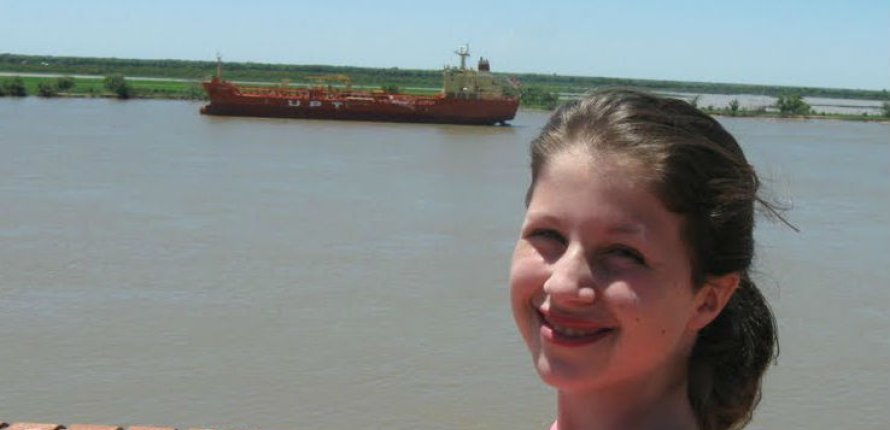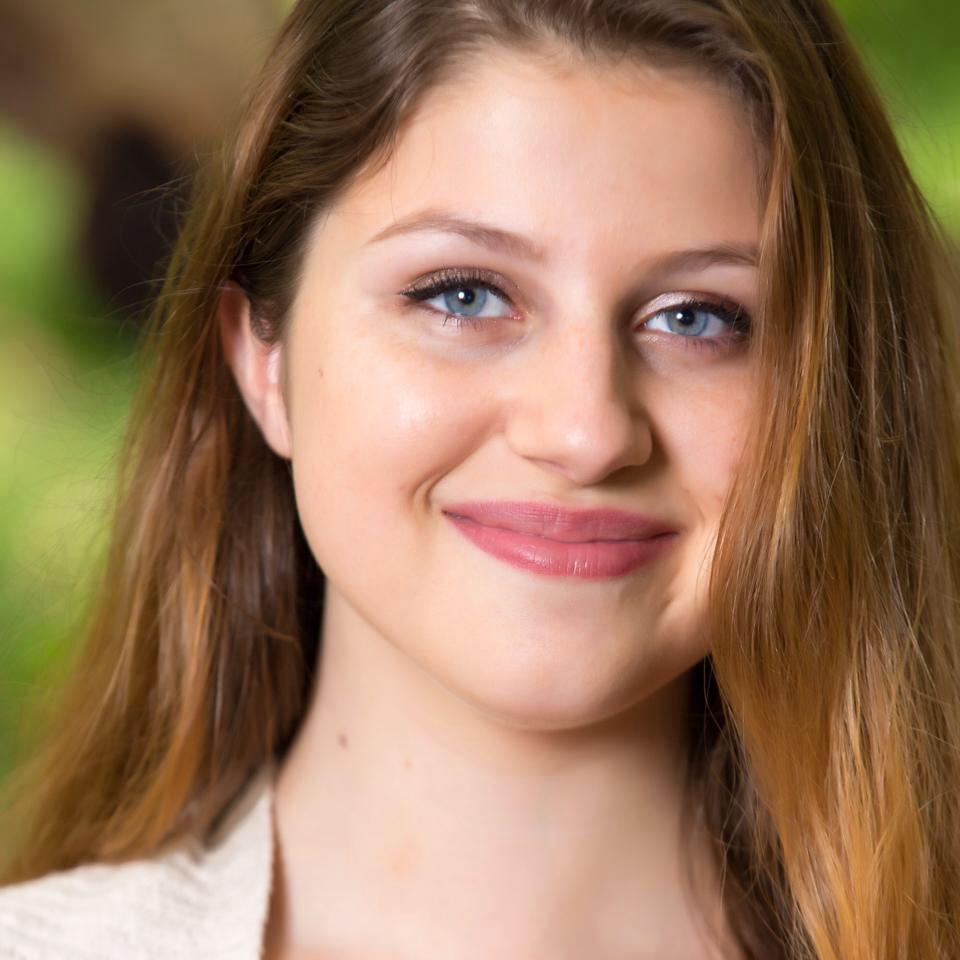What I Learned as a Fulbright Scholar’s Daughter

Leah Larsen, dependent and daughter of Fulbright Ambassador Anna Larsen, 2010 Core Fulbright Scholar to Argentina
 I had just turned thirteen years old in the fall of 2010 when I accompanied my mom, Anna Larsen, on her Fulbright grant to Argentina. On my first day, I remember cacophonous traffic, unintelligible chatter and people that flowed like schools of fish on and off the sidewalk. I stood still, breaking the rhythm of the crowd. A foot or two shorter than everyone around me, I felt a deep-rooted panic as I realized the gravity of the situation: I was lost, scared, and worst of all, late for my first day of school in a foreign country where I did not speak the language nor understand the culture.
I had just turned thirteen years old in the fall of 2010 when I accompanied my mom, Anna Larsen, on her Fulbright grant to Argentina. On my first day, I remember cacophonous traffic, unintelligible chatter and people that flowed like schools of fish on and off the sidewalk. I stood still, breaking the rhythm of the crowd. A foot or two shorter than everyone around me, I felt a deep-rooted panic as I realized the gravity of the situation: I was lost, scared, and worst of all, late for my first day of school in a foreign country where I did not speak the language nor understand the culture.
Up until that moment, I had been dependent on many things. Dependent on my parents for holding my hand through life, dependent on connections with my peers to confirm that I was doing the right things, dependent on the world I live in to give me directions and guidelines. All of this changed when I was uprooted from my friends, school, and home to live in Buenos Aires. Sent off on my way with a map completely in Spanish, a sandwich, and a small wad of pesos, a feeling crept over me that I was completely underprepared for the endeavor ahead of me. Timidly, I used my limited Spanish to ask a stranger at the crosswalk which way to turn to get to the school. Though I stumbled through it and much of the conversation was based on rudimentary pointing at my unintelligible map, I made it to school that day, and every day thereafter. That particular situation marks a proverbial rebirth in my life, thanks to the Fulbright Scholar Program.
The greatest skills that I’ve learned being a dependent of a Fulbright Scholar are confidence and a natural aptitude for conversational Spanish. I’ve learned how to approach new tasks in new environments, how to be more independent and not shy away from things I have not become familiar with yet. For example, upon my return to the United States, I started using public transportation and walking all around the city by myself, something I didn’t do prior. Confidence is a key element in approaching all life’s tasks. This definitely helped me become an active Spanish-speaker in Argentina. It became very obvious to me hearing someone speak Spanish if they are not in practice. Being immersed in a Spanish-speaking world gives one the ability to pick up on "what sounds right" and "what doesn't sound right.”
My family and I prepared for life in Argentina in a couple ways. Firstly, everyone in my family took the time to study Spanish, whether it be through school, books or online. My mother traveled to Argentina two weeks earlier than the rest of my family in order to get our living space and school situation ready. My suggestion would be for other families to prepare their children with one-on-one tutoring. That way, they can practice and gain confidence in their conversational speaking. Though I could understand what people were saying, my confidence hindered my ability to carry meaningful conversations with others in the beginning.
Looking back on my life thus far, this encounter might not seem exceptionally dramatic or engrossing, but it felt like a proverbial rebirth that has taught me success is attainable as long as I take initiative. Since then, I undertake each endeavor with a plan, but know enough to anticipate changes and curveballs. Stumbling through broken Spanish, I achieved a lot more in that moment than I realized. No longer do I float through life without having focus and drive. Following in my mother’s footsteps, I am currently a freshman at Ithaca College, majoring in biology with a minor in Spanish. I hope to use that knowledge in a future study abroad program.
Read about Anna Larsen's Fulbright experience.
